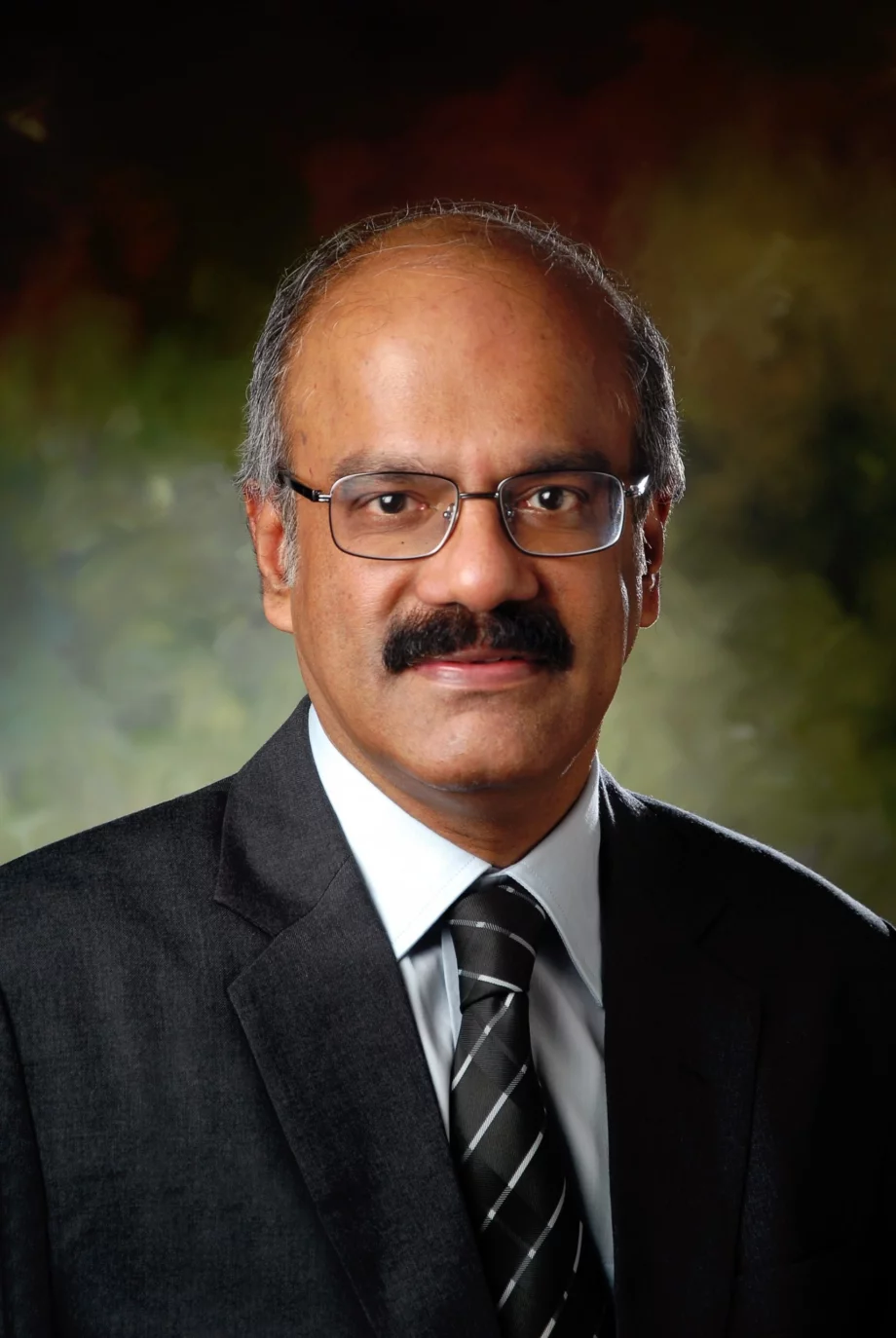The WEO Lifetime Achievement Award is granted to someone who has made highly substantial contributions to WEO’s activities and mission, has international recognition within the field of GI endoscopy, and has had significant publications in GI endoscopy.
Dr. Nageshwar Reddy embodies all of these as shown over the course of his more than 30-year career in endoscopy. He shares his thoughts on receiving this award:
“It is indeed an honour to receive the WEO Lifetime Achievement Award. I am earnestly grateful for the peer group recognition I have received for a work that I am so passionate about and is so close to my heart.
Back in the 1980s when I started my GI practice and endoscopy was still in its infancy in India, I realized that therapeutic endoscopy could transform the entire gamut of management of gastrointestinal diseases. This was particularly relevant for an emerging economy like India where we could transform long hospitalizations to daycare procedures, reduce hospitalizations, morbidity and of course the cost of treatment.
These thoughts led to the establishment of the Asian Institute of Gastroenterology (AIG) in September 1994 as a new concept of day care unit where major endoscopic therapeutic procedures could be done on an outpatient basis without resorting to hospitalization. Since then, the Institute has become one of the largest referral centres in Asia for Gastrointestinal diseases. Patients are referred from not only across India but also from other South Asian and Middle Eastern countries. Today we perform more than 75,000 endoscopic procedures including colonoscopy, ERCP and EUS annually.
For all the advancements we have made, a majority of the rural population do not have access to these facilities. The AIG mobile endoscopy van has been a step forward to allow diagnostic procedures at the doorstep of the underprivileged. Camps are set in the villages, investigations done and treatment given free of cost.
Training and education of the younger generation of gastroenterologists has been one of my key focus areas to ensure equitable distribution and availability of advanced endoscopic procedures across the population even outside the premises of the tertiary care centres. The Institute offers 3-year postgraduate fellowships accredited by the national boards in Medical and Surgical Gastroenterology. Short-term (6-month) and long-term (12-month) fellowships, including observership, are available for overseas trainees from across the globe. To date, over 1000 overseas trainees from the Asia-Pacific region (Singapore, Malaysia, Philippines, Indonesia, Japan, Australia), USA, the Netherlands, UK and Germany have been trained.
Over the last decade, the digital platform has enabled a far greater outreach for endoscopic training. We have developed a dedicated team for specialized teleconference and live workshops on advanced complex procedures, newer technologies and new devices. These can now be transmitted to all parts of the of the world. It is indeed satisfying to see young physicians sitting in faraway Kenya watching the basics of ERCP.
We wanted a low cost, high value business model that would cater to all segments of the population. With AIG, we have been extremely successful in doing so in the last 25 years. It is always a fulfilling emotion to be able to give back to society.”
Dr. Reddy’s contributions have clearly had a long-lasting impact on the field of endoscopy over the past few decades. Looking ahead, he shares his thoughts:
“Endoscopy has revolutionized the diagnosis and management of hepatobiliary disease in the last few decades. It has moved beyond the confines of specialized tertiary care centres to routine clinical practice at smaller centres and clinics.
The field of GI endoscopy will now witness promising new optical endoscopic imaging technologies for GI cancer screening and surveillance beyond white light endoscopy. Recent discovery and translation of novel molecular probes have shown promise to augment endoscopists’ ability to diagnose GI lesions with high specificity.
The next decade will see the evolution of artificial intelligence in endoscopic interpretation, and potential clinical integration of artificial intelligence-based algorithms to provide decision support in real time.
I am certain and confident that the pace of recent advances and future technology development and its potential will transform endoscopic GI disease detection and diagnosis.”
With regard to the impact the WEO has had on the field of endoscopy, Dr. Reddy notes:
“Over the last 50 years as OMED and WEO it has grown into a platform of cooperation and collaboration for advancement of gastrointestinal endoscopy. This has been possible because of the contribution of top stalwarts, educators and innovators from across the globe.
The WEO is today a pillar of support for endoscopic education for young endoscopists. The WEO fellowship program, the various courses for advanced diagnostic endoscopy (ADEC) and video capsule endoscopy have improved training opportunities for the practice of safe ERCP and other therapeutic endoscopic procedures. Fellowship positions are now offered in high volume endoscopy centres with expertise in advanced endoscopic procedures in leading institutions across continents. The Emerging Stars initiative trains young talent in the skills to become and eventually form a network of “next generation” expert endoscopists.
The WEO endeavour towards equitable distribution in rural and remote areas is another important achievement that has made a difference. The monthly webinars on endoscopic procedures have been instrumental in increasing the knowledge and access to endoscopic training in the remote and underserved nations across continents.
The international cooperation at WEO has created a network of leading global experts where we share and learn from each other to develop the best practice strategy for gastrointestinal endoscopy beyond borders.”
We heartily congratulate Dr. Reddy on his impressive achievement and thank him for all of his hard work.
